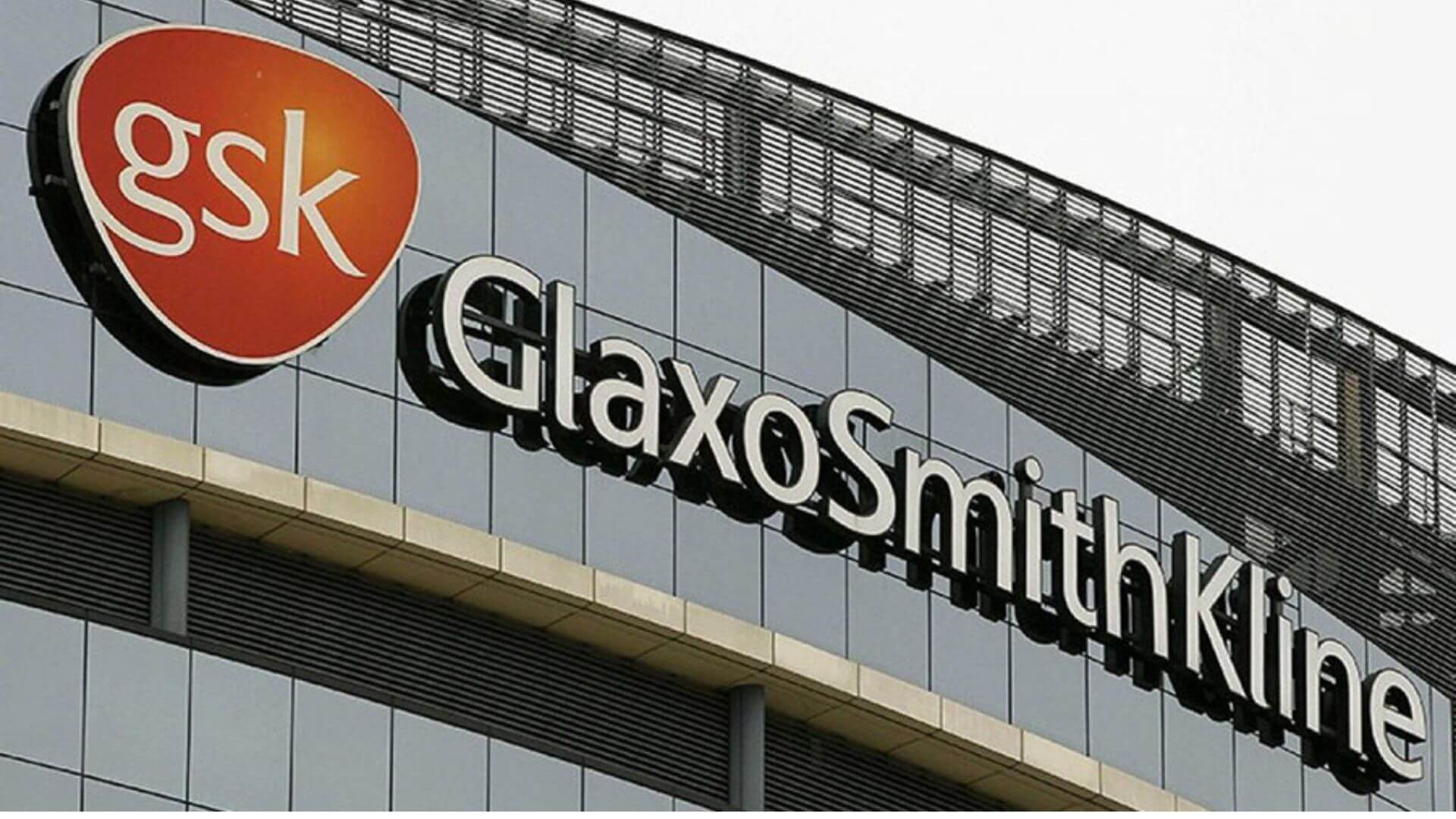Dr. Elijah Mohammed, the former Registrar of the Pharmacy Council of Nigeria, has issued a pressing call to both federal and state governments to exhibit resolute political determination in addressing the drug distribution landscape in the country.
In an interview with the News Agency of Nigeria in Lagos, Dr. Mohammed responded to GlaxoSmithKline Plc.’s departure from Nigeria after 51 years of operation. He highlighted the imperative of governmental intervention in the wake of the global biopharmaceutical company’s exit.
GSK, known for its innovative contributions to science, technology, and disease management, particularly in infectious diseases, human immunodeficiency virus, respiratory, immunology, and oncology, recently announced its strategic intent to cease commercializing its prescription medicines and vaccines in Nigeria.
Dr. Mohammed stressed that Nigeria’s existing open drug distribution system is chaotic and has inadvertently led to the proliferation of counterfeit medications, treatment inefficacies, and increased health risks among the populace.
Highlighting the importance of regulated drug distribution, he pointed out the establishment of the Coordinated Wholesale Centre by the Federal Government through the Pharmacy Council of Nigeria. This center aims to streamline medicine shop ownership within regulated environments to ensure the quality of medications throughout the distribution network.
While acknowledging Kano State’s proactive efforts in establishing the Coordinated Wholesale Centre’s first phase, Dr. Mohammed expressed concerns about the lack of initiative displayed by other states, waiting for federal intervention.
He further emphasized the significance of efficient supply chain management and appropriate regulation in safeguarding the quality of medicines, from production to consumer.
Dr. Mohammed raised alarm over parallel importation of medicines, asserting that such trade practices pose serious risks to patients’ well-being, as parallel-imported medicines lack authorized dealership and manufacturer warranties. He stressed the imperative of supporting legitimate imports and registration through organizations like the National Agency for Food and Drug Administration and Control (NAFDAC).
Dr. Mohammed also highlighted the dependency on imported Active Pharmaceutical Ingredients (APIs) for pharmaceutical manufacturing in Nigeria, due to the absence of a domestic petrochemical industry. He pointed out that this reliance, combined with currency volatility, exacerbates production, distribution, and medicine costs.
However, amid the challenges, Dr. Mohammed expressed optimism about Nigeria’s ability to overcome these issues through robust political resolve, favorable policies, and increased investment in infrastructure.
Notably, GSK’s exit from Nigeria was attributed to economic pressures, difficulties in accessing foreign exchange, and rising operational costs. GSK UK Group informed GlaxoSmithKline Consumer Nigeria Plc. of its intent to transition from commercializing its prescription medicines and vaccines through the local operating companies.
In response, Dr. Mohammed’s appeal underscores the urgent need for governmental action to reshape the drug distribution landscape and ensure accessible, high-quality medications for the nation’s citizens.




